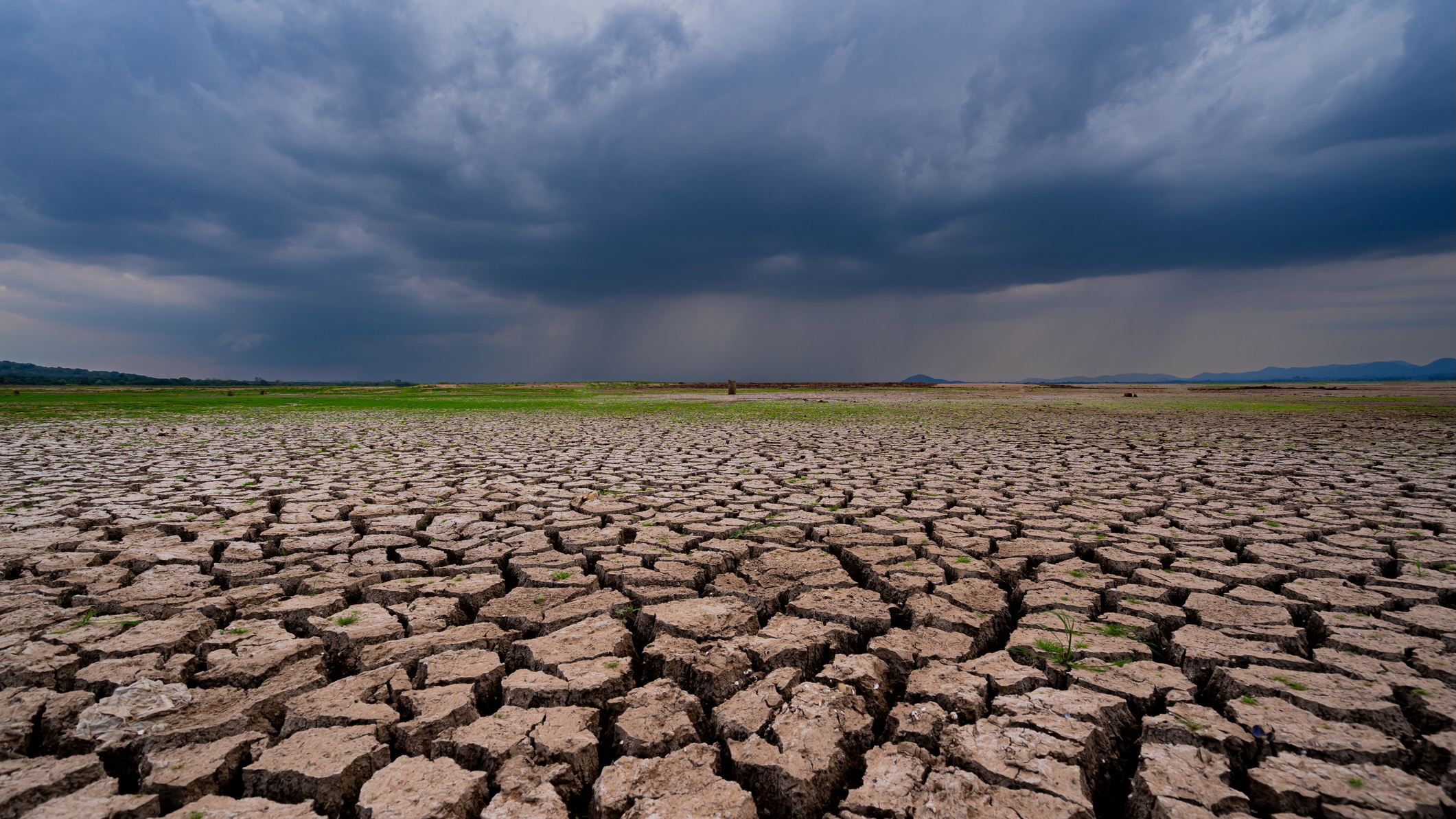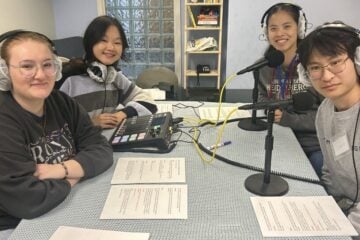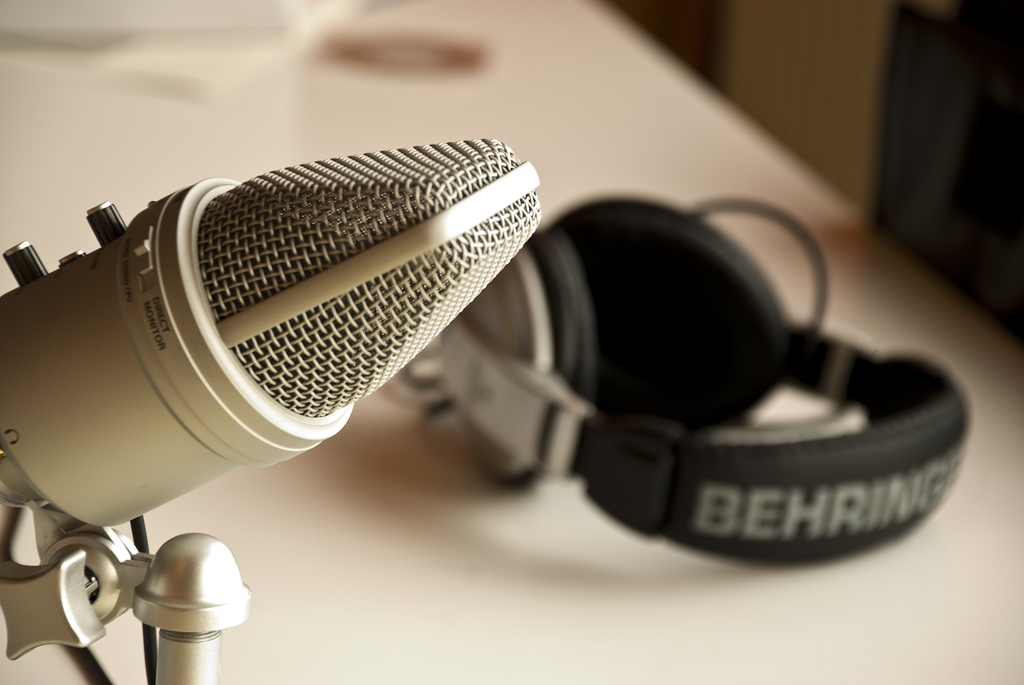More than money: CPB cuts could cause system to fracture

pigphoto / iStock
What are we going to do now that Mom is gone? That’s how I’m thinking about the public media system after the defunding of CPB.
In this metaphor, CPB is the parent, and local stations are her adult children. We are reeling from this moment we thought would never come.
Now, we’re left to figure out how to keep the family together. Who’s going to host Thanksgiving now? Will we gather at all?
CPB ties together a sprawling, diverse network of stations, serving communities red and blue, rural and urban, rich and poor. Through its grants and projects, it connected media organizations that otherwise may have little in common.
The problem isn’t just the loss of money. The danger is that the system will fracture. Stations and networks will go into survival mode, trying to preserve what they have and ignoring everyone else — or even cannibalizing them.
Now is the time for stations to rededicate themselves to the ideals that brought us together. Ironically, you find these founding ideals in the Public Broadcasting Act of 1967:
- Do what commercial media will not
- Serve communities being ignored by others
- Take creative risks
Some may see this moment as an unshackling. Finally free of the need to mollify red-state senators, my station can superserve an audience that already skews center-left, older and Democrat.
If we do that, we’ll be justifying the reason people just eliminated a half-billion dollars a year to support our efforts. They’ll have proof that we’re just one more biased media warrior.
Too often in the boardrooms of public media, I’ve heard an obsession with beating the New York Times or the local commercial news competitor. But this thinking is a trap.
If we become just another media source, like the Times or CNN, we’ve already abdicated our mission and sold our soul.
We were created because commercial media was seen as a vast wasteland of mediocrity. It lacked compelling local content, educational children’s shows and programming that took creative risks.
Those conditions are as true today as they were at the founding of CPB, more than five decades ago. Those ideals are still there, waiting for us to pick them up and use them again.
We have to be willing to consider doing things differently. Maybe we should consider opening up our platforms to the community again, in the way they were before the great homogenization of the 1990s.
What if we again shared the microphone and camera with all the great storytellers in our communities? What if we could let go of the need to do everything ourselves and platform the work of others instead?
In the short term, we have much work to step into CPB’s shoes. Station and network leaders will be busy preserving the systems CPB built and supported. Many will have painful choices to make, laying off valued colleagues and ending key programs.
In the longer term, we have to decide what unites us beyond an annual grant and shared national programming. This could be an opportunity for us to work together as never before.
It’s up to us to decide what we’ll do: come together or drift apart. I know what Mom would want us to do.
Scott Finn is a former public media journalist and general manager. He now works for the Center for Community News at the University of Vermont and runs his own consulting business.






